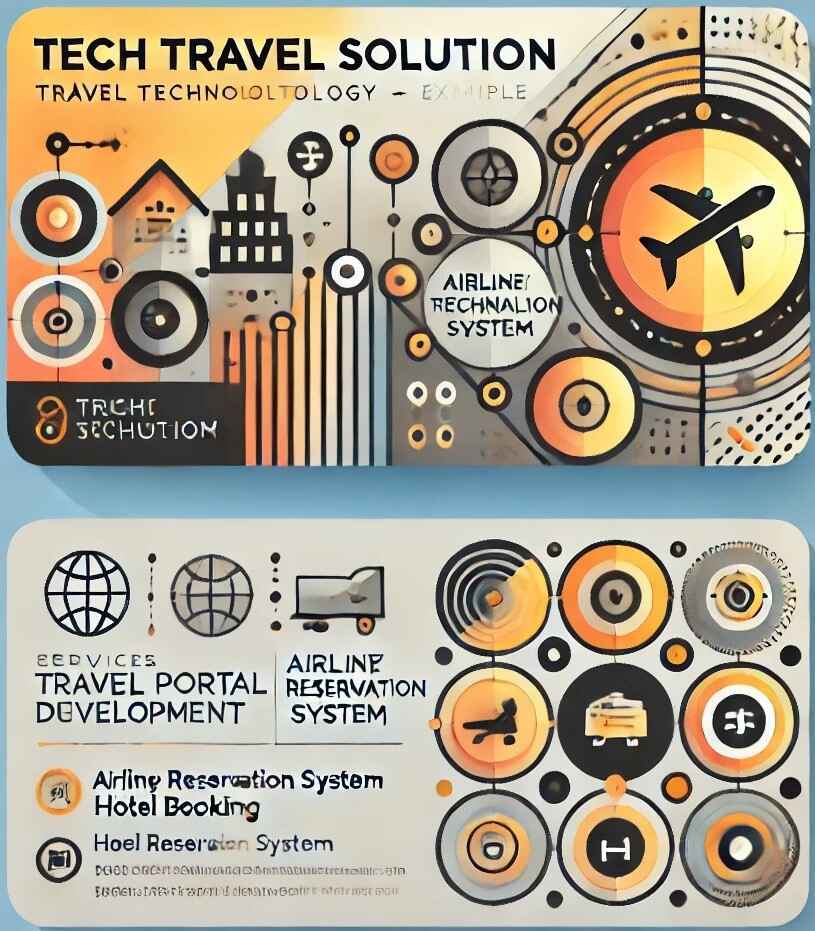SEO Tips to Optimize Your Travel Booking Site for Google, Yahoo, and Bing
March 9, 2025 By Travel Portal Development Travel Portal, Online Travel Portals, Startup Tools & Platforms, Digital Transformation,
In today's competitive travel industry, having a well-optimized website is crucial to attracting potential customers and increasing bookings. With millions of travel searches happening daily on Google, Yahoo, and Bing, understanding and implementing effective SEO strategies can significantly boost your site's visibility and traffic. In this blog, we will explore actionable SEO tips designed specifically for travel booking websites, covering everything from keyword optimization to technical SEO practices.
1. Keyword Research and Optimization
Keyword research forms the foundation of any successful SEO strategy. For travel booking sites, focus on both short-tail and long-tail keywords that potential customers are likely to search for.
- Include location-specific keywords (e.g., “best hotels in Paris”).
- Focus on search intent (informational, navigational, and transactional keywords).
- Optimize meta titles, descriptions, and headers with primary keywords.
- Avoid keyword stuffing; maintain a natural flow of content.
2. Create High-Quality, Relevant Content
Content is king in the SEO world. Regularly publishing informative and engaging content attracts visitors and keeps them on your site longer.
- Start a blog covering trending travel topics and tips.
- Use a mix of text, images, and videos to enhance user experience.
- Optimize content with internal links to keep users engaged.
3. Optimize for Mobile and Speed
- Use responsive design to ensure your site adapts to different screen sizes.
- Minimize the use of heavy scripts and images to enhance loading speed.
- Implement AMP (Accelerated Mobile Pages) for blog posts.
4. Technical SEO Best Practices
- Create and submit an XML sitemap to Google Search Console and Bing Webmaster Tools.
- Use a clean URL structure with relevant keywords.
- Ensure fast loading times with techniques like browser caching and image compression.
5. Leverage Local SEO
- Use local keywords (e.g., “beach resorts in Miami”).
- Encourage satisfied customers to leave positive reviews.
- Add location-based schema markup for better search visibility.
6. Build High-Quality Backlinks
- Guest post on reputable travel blogs and websites.
- Create shareable content like infographics and travel statistics.
- Reach out to travel influencers for collaboration and backlinks.
7. Optimize Images and Videos
- Use descriptive file names and ALT tags for images.
- Compress images to improve loading speed without compromising quality.
- Optimize video descriptions and use transcripts for better indexing.
8. Monitor and Analyze Performance
- Track organic traffic and top-performing keywords.
- Monitor click-through rates (CTR) for your travel pages.
- Analyze backlink profile and domain authority.
9. Use Schema Markup for Rich Snippets
- Reviews and ratings for hotels and tours.
- Event schema for local festivals and activities.
- Breadcrumb schema to improve site navigation.
10. Focus on User Experience (UX)
- Simplify navigation with clear categories and search options.
- Implement a secure and easy-to-use booking system.
- Ensure consistent branding and design across all pages.
11. Conclusion
Optimizing your travel booking site for search engines involves a mix of keyword optimization, technical SEO, high-quality content, and user-focused strategies. By implementing these tips, you can improve your site's visibility on Google, Yahoo, and Bing, attract more organic traffic, and ultimately increase bookings. Stay updated with the latest SEO trends to keep your travel portal ahead of the competition.

















